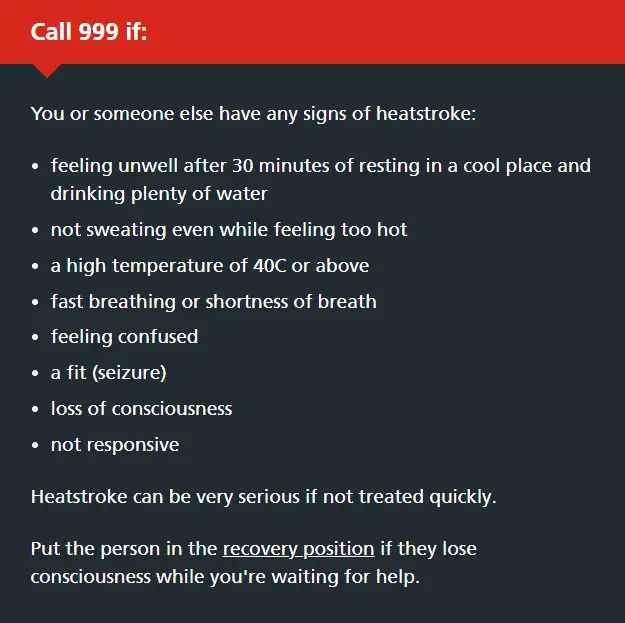Tower Hamlets Homes -
15 July 2022
What you could do now, before hot weather
- Shade or cover windows exposed to direct sunlight.
- Check that windows or vents can be opened.
- Grow plants inside and outside to provide shade and help cool the air.
- Check that fridges, freezers and fans are working properly.
- Check medicines can be stored according to the instructions on the packaging.
Staying cool during the heatwave
- Shade or cover windows exposed to direct sunlight
- Take a break from the heat by moving to a cooler part of the house (especially for sleeping).
- Avoid being in direct sunlight between 11am-3pm
- Remember that it may be cooler outside in the shade or in a public building (such as places of worship, local libraries or supermarkets); consider a visit as a way of cooling down.
- If you do go out in the heat, walk in the shade, apply sunscreen and wear a hat
- Avoid extreme physical exertion
- Wear light, loose-fitting cotton clothes
- Open windows (when it is safe to do so) when the air feels cooler outside than inside, for example, at night. Try to get air flowing through the home.
- Turn off lights and electrical equipment that is not in use
- Drink plenty of fluids and avoid excess alcohol
Who's most at risk in a heatwave?
- Older people – especially those over 75
- Those who live on their own or in a care home
- People who have a serious or long term illness – including heart or lung conditions, diabetes, kidney disease, Parkinson's disease or some mental health conditions
- Those who may find it hard to keep cool – babies and the very young, the bed bound, those with drug or alcohol addictions or with Alzheimer's disease
- People who spend a lot of time outside or in hot places – those who live in a top floor flat, the homeless or those whose jobs are outside
How to tell if someone is suffering heat stroke or heat exhaustion
The signs of heat exhaustion include:
- a headache
- dizziness and confusion
- loss of appetite and feeling sick
- excessive sweating and pale, clammy skin
- cramps in the arms, legs and stomach
- fast breathing or pulse
- a high temperature of 38C or above
- being very thirsty
Things you can do to cool someone down
If someone has heat exhaustion, follow these 4 steps:
- Move them to a cool place.
- Get them to lie down and raise their feet slightly.
- Get them to drink plenty of water. Sports or rehydration drinks are OK.
- Cool their skin – spray or sponge them with cool water and fan them. Cold packs around the armpits or neck are good, too.

Tower Hamlets Homes -
15 July 2022